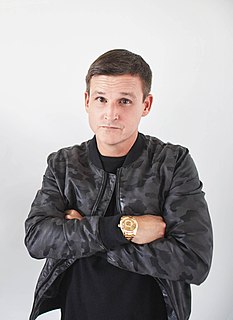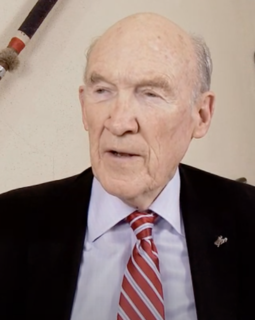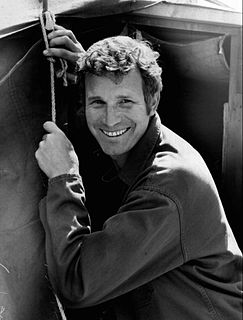A Quote by Oren Etzioni
The Turing Test was a brilliant idea, but it's evolved into a competition of chatbots.
Quote Topics
Related Quotes
Although I'm not prepared to move up my prediction of a computer passing the Turing test by 2029, the progress that has been achieved in systems like Watson should give anyone substantial confidence that the advent of Turing-level AI is close at hand. If one were to create a version of Watson that was optimized for the Turing test, it would probably come pretty close.
Darwin and his successors have railed against the fallacy of confusing the current utility of a trait with the reason the trait evolved. For example, Darwin argued that skull sutures in mammals did not evolve because they facilitate live birth; the sutures were in place well before live birth evolved. Checking the chronological order in which different traits evolved in a lineage is one way to test an adaptive hypothesis; the fact of common ancestry is what makes that checking possible.



































